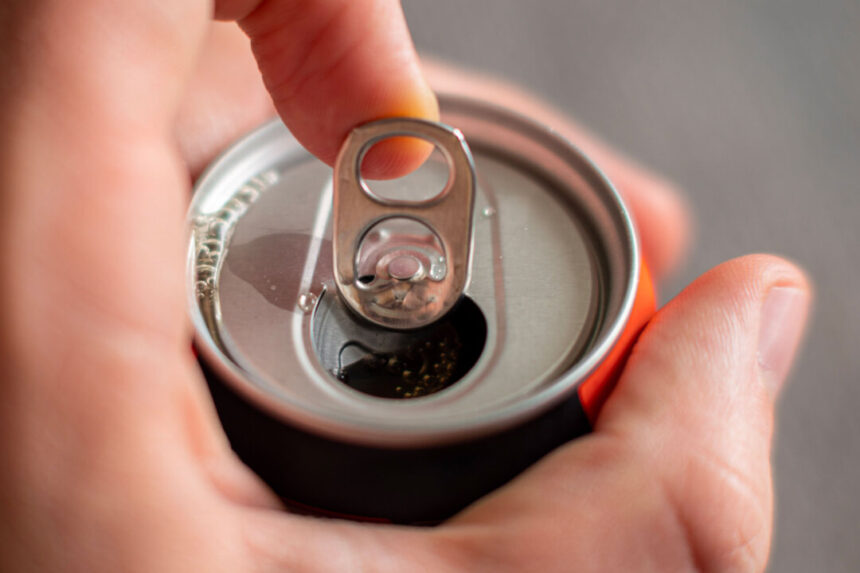South Australia’s government has taken action to remove hundreds of energy drinks from shelves due to containing excessive levels of caffeine.
Health officials in the state identified 18 businesses selling non-compliant energy drink products, with 13 receiving warning letters and two facing fines totaling $3,000 (US$1,986).
According to Australian law, drinks with more than 320 mg/L of caffeine are prohibited from being sold.
Popular energy drink brands such as GFUEL, Bang, and Raze Energy were found to contain 300 mg of caffeine in each 473 ml can, which is more than twice the legal limit.
Acting Chief Public Health Officer Dr. Chris Lease advised consumers to carefully check the labels of energy drinks before consumption.
Efforts are being made to educate retailers on regulations and prevent non-compliant drinks from reaching the shelves, with penalties issued to repeat offenders.
Dr. Lease also urged authorities in other states to take similar action against non-compliant beverages.
Excessive caffeine intake can lead to various health issues such as insomnia, anxiety, heart problems, and even death. Teenagers, in particular, should not consume more than three milligrams per kilogram of body weight.
Healthy adults are advised to limit their caffeine intake to no more than 200 mg per drink and 400 mg daily. Pregnant or breastfeeding women should not exceed 200 mg per day.
University of South Australia expert Evangeline Matzioris highlighted the risks associated with caffeine consumption among young people, emphasizing the importance of choosing alternatives like milk and water over caffeinated beverages.
She warned of the dangers of caffeine passing through the placenta and breastmilk to unborn babies and infants, who have limited ability to metabolize caffeine.
It is emphasized that there is no universally accepted safe level of caffeine consumption.





